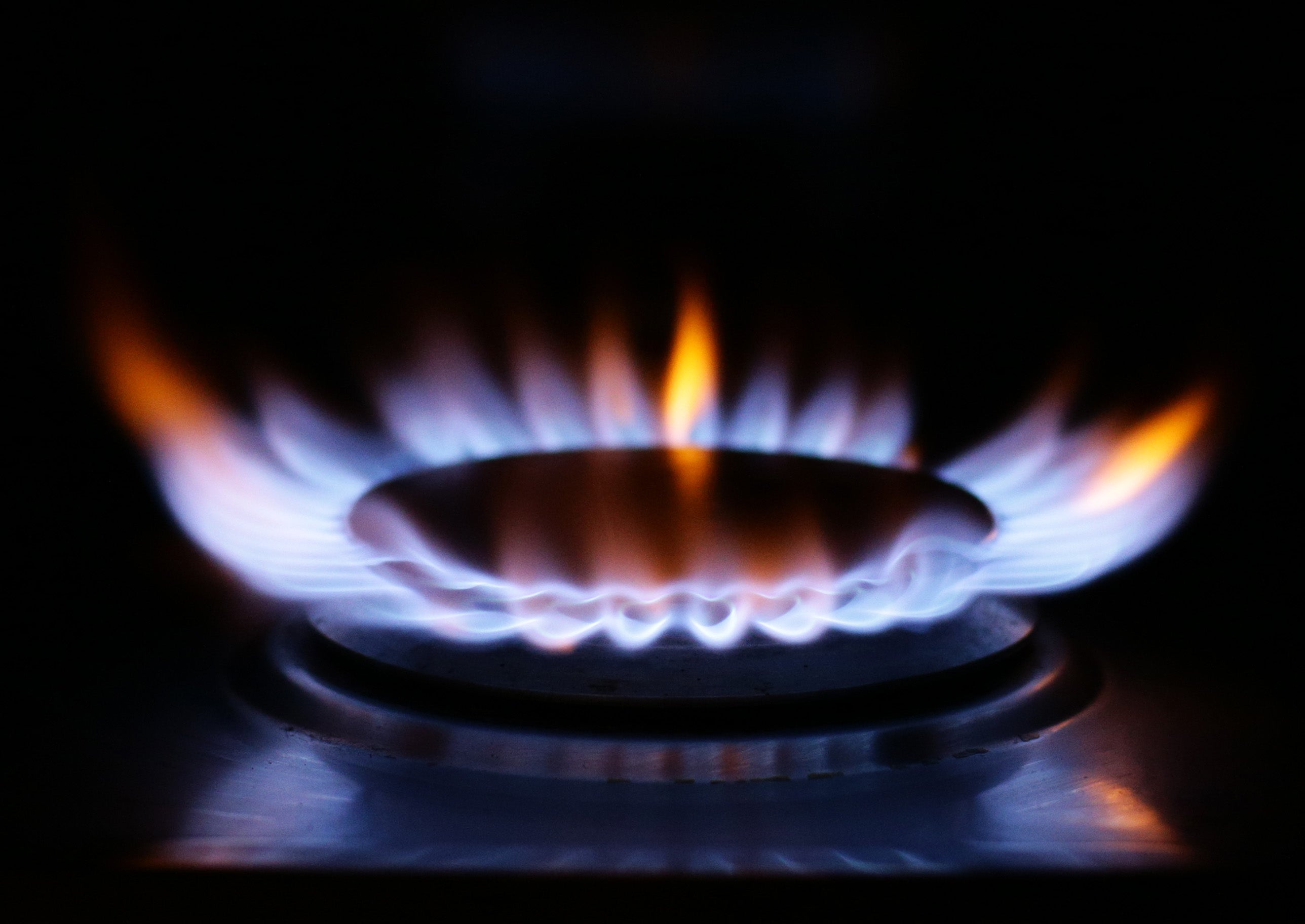Major energy suppliers confirm autumn price increases
The price of E.On and Scottish Power’s standard tariffs will jump by around £139 a year – the maximum allowed by regulator Ofgem from October 1.

Two more major energy suppliers have confirmed autumn price hikes for millions of households in line with Ofgem’s price cap increase.
The price of both E.On and Scottish Power’s standard tariffs will jump by around £139 a year, the maximum allowed by regulator Ofgem from October 1.
Earlier this month, Ofgem confirmed it was allowing suppliers to increase bills for around 15 million households by at least £139 to a record high due to a rise in wholesale prices.
Ofgem said that energy customers on default tariffs paying by direct debit will see the sharpest jump in prices since the cap was introduced, taking average bills to £1,277.
Pre-payment customers will see costs rise by £153, from £1,156 to £,1309.
E.On’s average gas and electricity standard tariff for a customer paying by direct debit will rise by 12% from £1,138 to £1,277 a year.
The firm is also hiking its average bill for prepayment customers to £1,309 a year from October 1.
An E.On spokeswoman said: “Ofgem reviews its price cap twice a year, setting a fair price for energy and reflecting the current state of the market.
“Following Ofgem’s latest update, we are in the process of writing to customers to inform them we will be changing our standard variable tariff prices from October 1.
There will be no change to our prices between now and that date.
“Ofgem’s latest update was driven by a more than doubling of global gas prices in the last six months and there’s almost nothing suppliers can do to change those market costs.
“Suppliers cannot sell products for less than they cost to buy, or the entire industry becomes loss-making and the UK won’t have sustainable companies supplying its energy.
“In the last three years, more than 30 suppliers have left this market, many because they set unsustainably low tariffs and could not respond to market changes.”
A Scottish Power spokeswoman said: “We will be moving the costs of our standard variable tariffs in line with Ofgem’s changes to the energy price cap later this year.”
As Ofgem stated, these changes have been driven by the rise of more than 50% in wholesale energy costs over the past six months, including record high gas prices.
“We’re in the process of contacting our customers affected by this change and, as always, will continue to do all we can to support them, ensure they are on the best tariff for their energy use, and provide direct help to those who need it most.”
Last week EDF Energy became the first Big Six supplier to announce it was increasing the price of its average standard variable tariff for direct debit customers by 12% to £1,277.
Philippe Commaret, managing director of customers at EDF, said: “As Ofgem has explained, it is global gas prices that have caused the unprecedented increase in wholesale energy costs and as a sustainable, long-term business we must reflect the costs we face.”
Others are expected to follow.
The increase has been driven by a rise of more than 50% in energy costs over the last six months, with gas prices hitting a record high as inflation jumped amid the easing of pandemic restrictions, Ofgem said.
The new rate will come into force from October 1 for customers on their supplier’s default tariffs.
Households that shop around and sign up to fixed plans with suppliers are not subject to the price cap.
Customers are often able to save hundreds of pounds by choosing a fixed tariff over the default.
The regulator reviews the price cap once every six months, and changes it based on the cost that suppliers have to pay for their energy, cost of policies and operating costs, among other things.
Bookmark popover
Removed from bookmarks